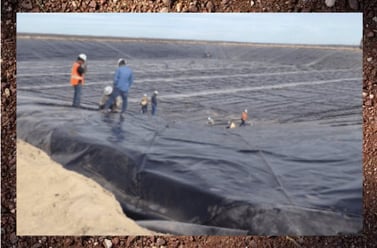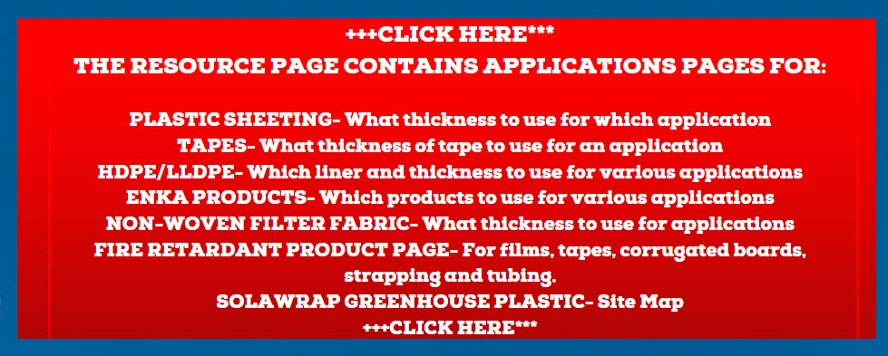Flexible HDPE (High-Density Polyethylene) is a versatile plastic material that has a wide range of applications in various industries.
Some of the industries that use flexible HDPE include:
-
Packaging industry: Flexible HDPE is used in the packaging industry to manufacture a variety of products such as bags, pouches, and containers. It is a popular choice because it is lightweight, durable, and has excellent resistance to moisture, chemicals, and UV radiation.
-
Agriculture industry: Flexible HDPE is used in the agriculture industry to manufacture products such as greenhouse films, irrigation pipes, and mulch films. It is an ideal material for these applications because it is resistant to UV radiation and can withstand harsh weather conditions.
-
Construction industry: Flexible HDPE is used in the construction industry to manufacture products such as geomembranes, geotextiles, and drainage pipes. It is a popular choice because it is durable, flexible, and has excellent chemical resistance.
-
Medical industry: Flexible HDPE is used in the medical industry to manufacture products such as medical bags, tubing, and surgical drapes. It is an ideal material for these applications because it is non-toxic, flexible, and has excellent chemical resistance.
-
Consumer goods industry: Flexible HDPE is used in the consumer goods industry to manufacture products such as toys, furniture, and household items. It is a popular choice because it is lightweight, durable, and has excellent resistance to chemicals and moisture.
Why are HDPE HDPE Geomembranes Used and Where?
HDPE (High-Density Polyethylene) geomembranes are used in a variety of environmental and civil engineering applications where containment and/or barrier properties are required. Some of the key reasons why HDPE geomembranes are used include:
-
Impermeability: HDPE geomembranes are highly impermeable, which means they are effective at preventing the migration of liquids, gases, and other substances. This makes them ideal for use in applications where containment is required, such as landfill liners, wastewater treatment ponds, and agricultural lagoons.
-
Durability: HDPE geomembranes are highly resistant to weathering, chemical attack, and mechanical damage. This means they can withstand harsh environmental conditions, such as exposure to UV radiation, extreme temperatures, and abrasion.
-
Flexibility: HDPE geomembranes are flexible, which means they can conform to uneven surfaces and contours. This makes them ideal for use in applications where a high degree of conformity is required, such as lining ponds or reservoirs with irregular shapes.
-
Ease of installation: HDPE geomembranes are relatively easy to install and can be welded together to form large panels or sheets. This means they can be used to cover large areas quickly and efficiently.
Some of the specific applications where HDPE geomembranes are commonly used include:
-
Landfills: HDPE geomembranes are used as liners in landfills to prevent the escape of leachate and other contaminants into the surrounding environment.
-
Wastewater treatment ponds: HDPE geomembranes are used to line and contain wastewater treatment ponds, preventing the leakage of contaminated water into the surrounding soil and groundwater.
-
Mining and oil and gas operations: HDPE geomembranes are used to contain and control the release of pollutants and chemicals associated with mining and oil and gas operations.
-
Agricultural lagoons: HDPE geomembranes are used to line and contain agricultural lagoons used for storing animal waste and other agricultural byproducts.
Overall, HDPE geomembranes are an effective and reliable solution for a wide range of environmental and civil engineering applications where containment and/or barrier properties are required.
Flexible HDPE is used in a wide range of industries due to its versatility, durability, and resistance to various environmental factors.




